Doctors Vision: Beyond Insanity
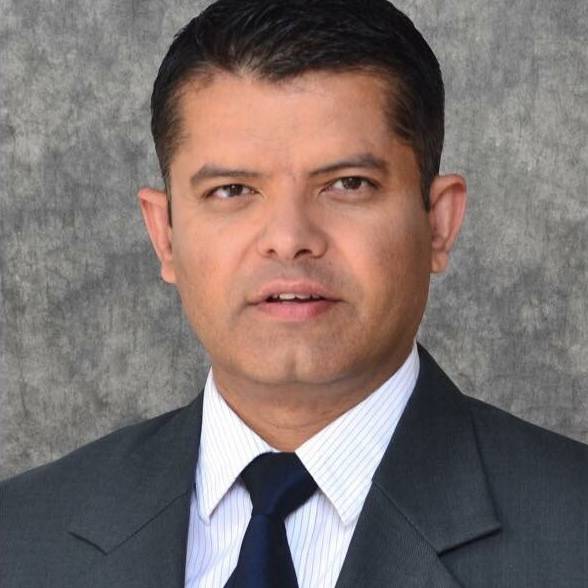
Dr. Santosh Sapkota
Let me start by saying, I may not be an ideal person to judge the situation on the ground from thousands of miles away, and my understanding could be a result of misinformed hypocrisy and perceived innuendo. However, I am trying to solace my quest to understand the story behind the story, and I am deeply missing the investigative journalism in Nepal. I surmise the necessary actions doctors are taking and such drastic steps are justified. However, I am not sure why time and time again we have to resort to the reactionary tactics. Why can't we get ahead of the story, be proactive, and prevent this situation from happening?
I have never met a physician in my life who focuses solely on the transactional relationship with the patient. The profession's utmost priority has always been to make the mental, physical and social well-being of the patient better. I can also assure none of these physicians prefer to be in this situation and risk the health of the population. This agitation has to be a culmination of the decades-long deception and constant erosion of the trust from the government. Thus, any proposed solution should not be merely myopic. It needs to last beyond this century and become the solid stable platform for the next generation. It should not be a treatment of the current situation; it should also address much-needed cure. At the same time, we need to ensure the outcomes address the preventive penury for the future.
If we continue to do the same thing again and again and yet expect a different result, it is called an insanity. Who could understand this better than the doctors themselves? The current situation is a social pathology, and it should get handled the same way doctors treat any diseases. Withdrawing the troubled provision recommended by the government can provide temporary relief, but everyone knows the problem in another form will reappear in a few months. We, doctors, should practice what we preach every day in our professional lives. Prevention is always better than cure. We should strive to find out who is encouraging the government to do this and what are their hidden motives.
This movement has reached a stage of no return to understand the pathophysiology of this disease. Investigative journalism needs to expose the story behind the story and dig this little deeper. Even if the government decides to retreat now, it shouldn't be the day of reckoning of the movement. The selected physician leaders from NMA and other representative bodies need to continue to meet and interact with all stakeholders including all healthcare administrators, political parties, and the government. This march should continue until the day patients, and their family members reject the hooliganism in our temple of the profession. We should not compromise until the day both mental and physical torpedos to the physicians and healthcare institutions get ceased one for and all.

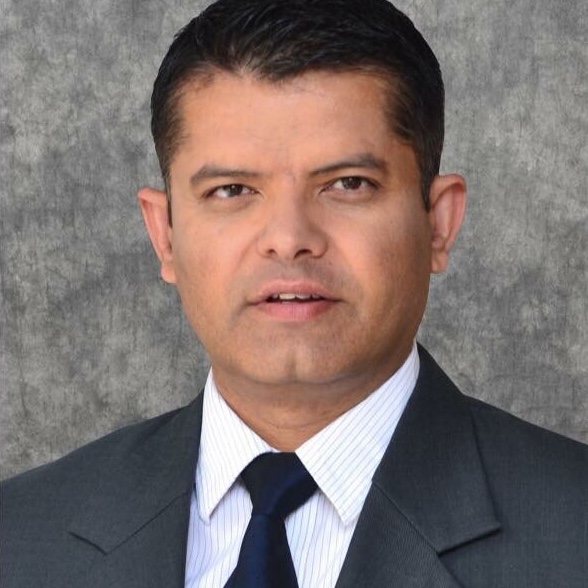

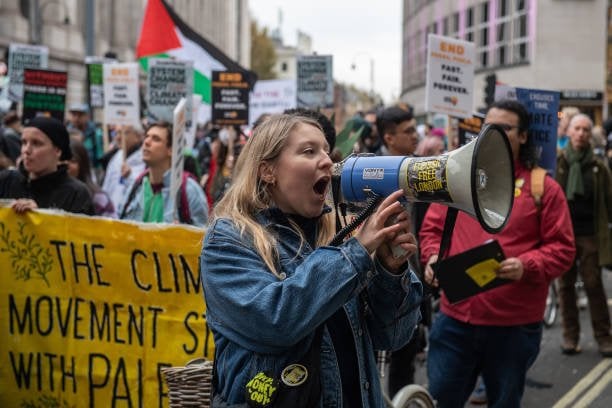

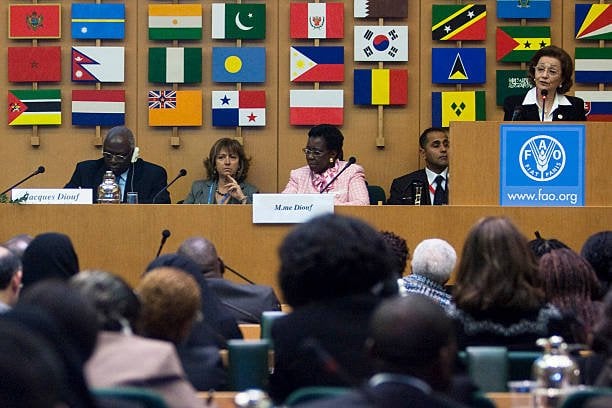
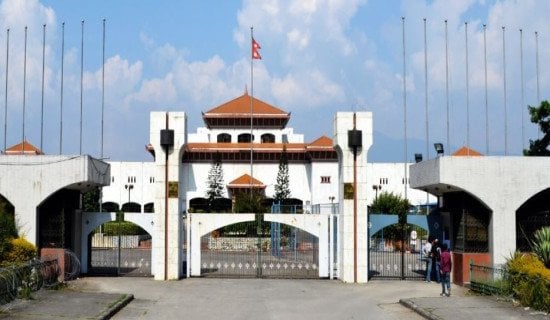

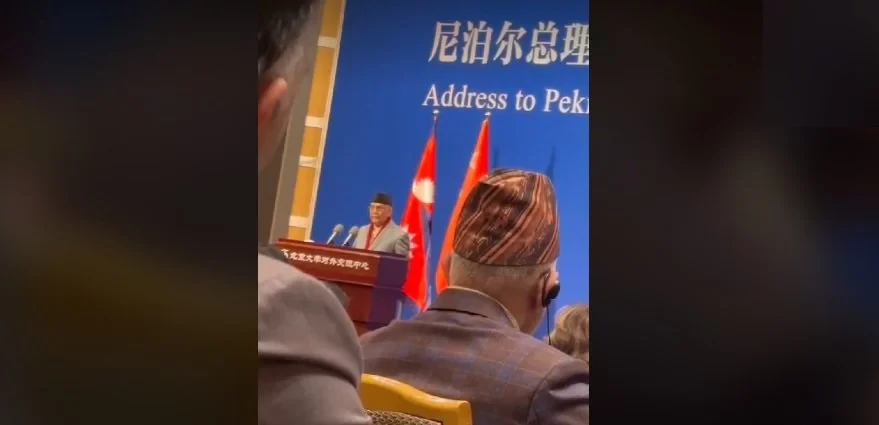
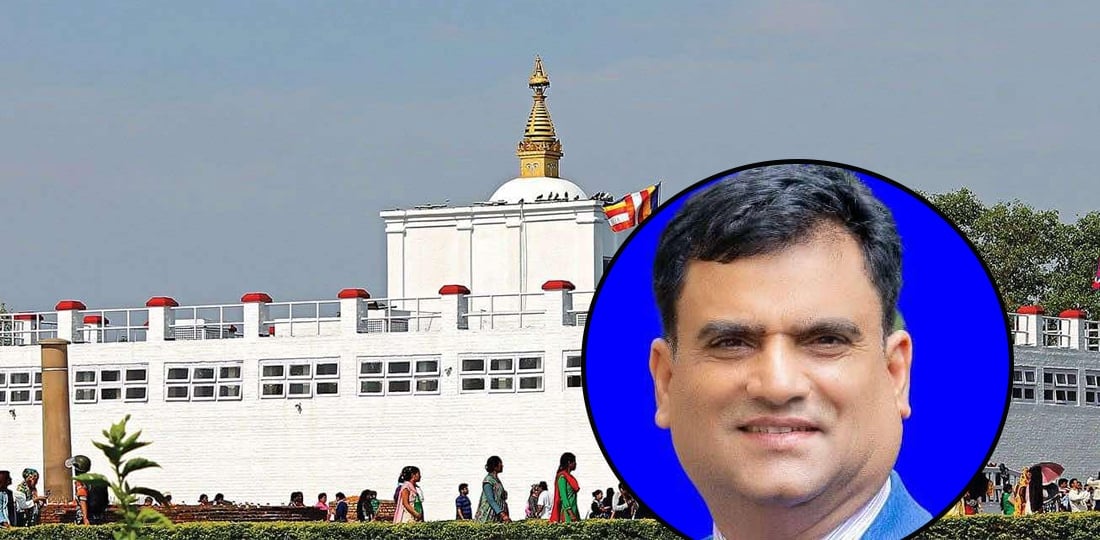
Leave Comment